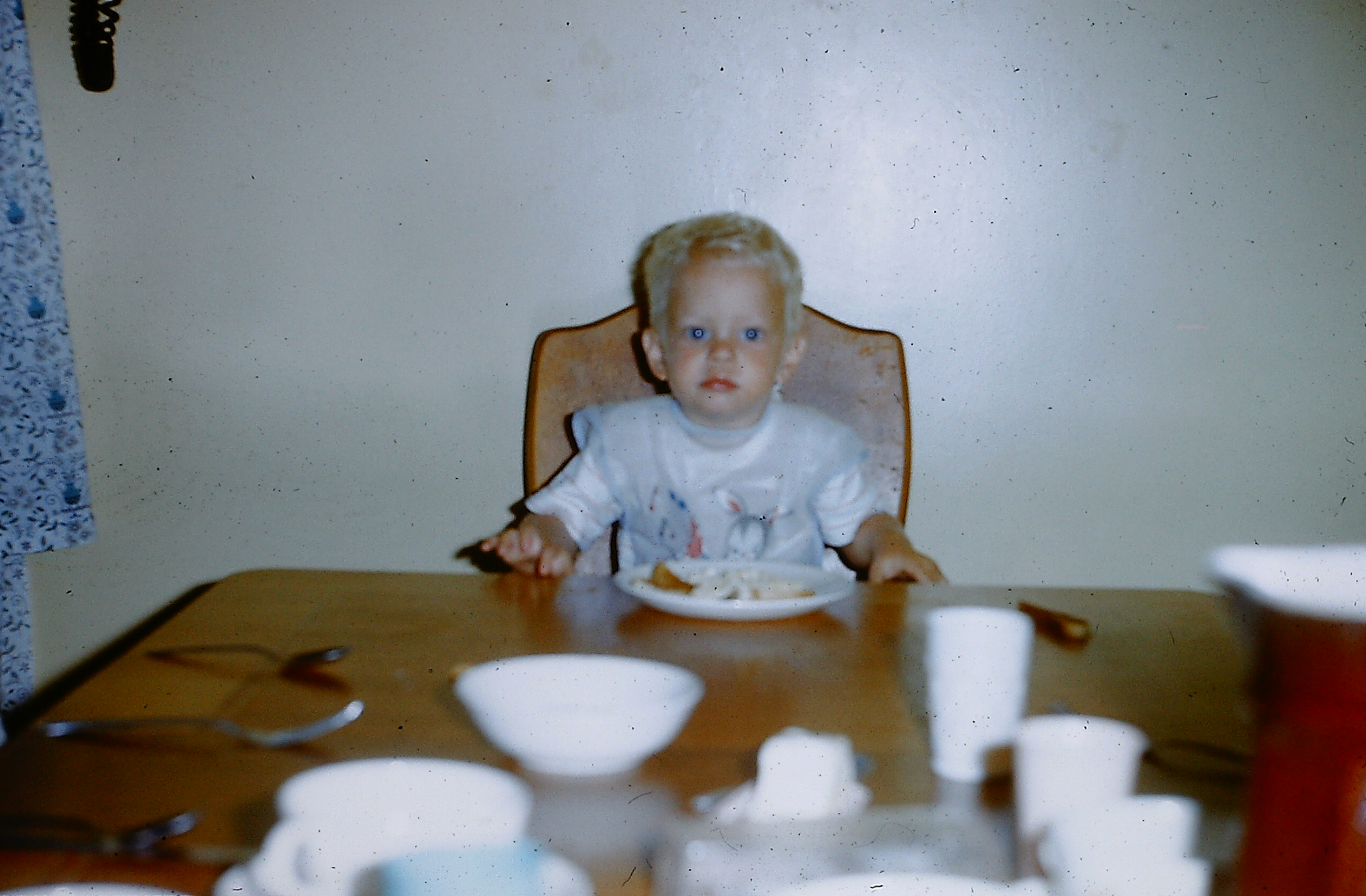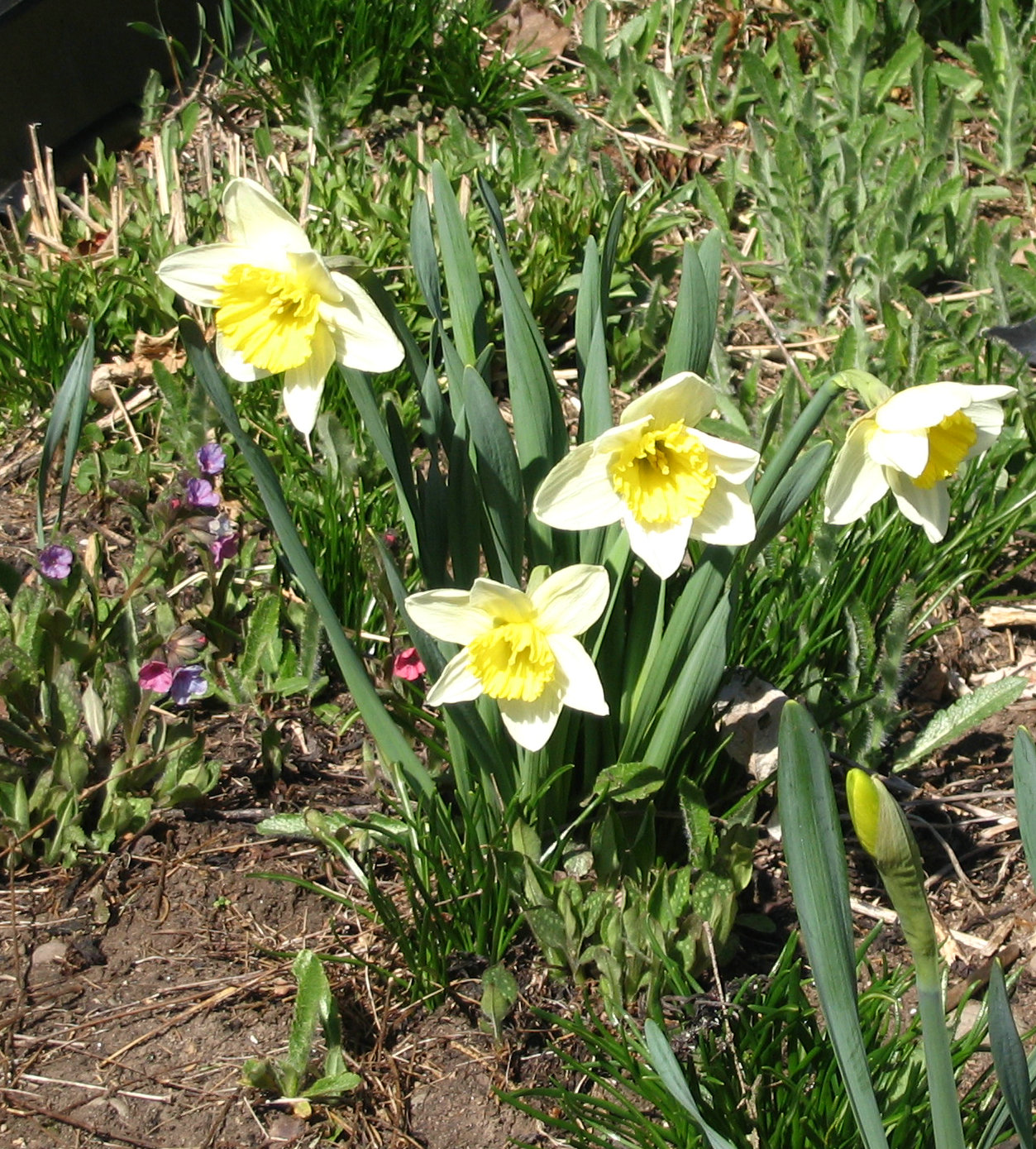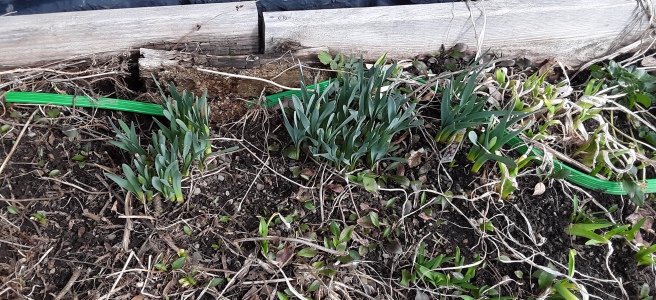It may not have been the “church in the wildwood” like the song that I learned as a child, but the Sanford church was very important to me as I grew up.
The church sat at the foot of the hill a quarter of a mile from the corner of NY41 and the North Sanford road. It was built in 1859 on land donated by Pinny family, the owner of the farm at the top of the hill with the proviso that it would revert to the farm if the church stopped using it. The church’s white clapboard siding had not seen a coat of paint for many years, but with its tall steeple is was a landmark for many people. A short bluestone walk led from the road to the six-foot square, six-inch thick piece of bluestone that served as a porch.
Stepping inside through the door was a small foyer with a narrow storeroom on either side. In the left room were coal and wood, a shovel, broom, dustpan, and mop. In the right closet were boxes of dilapidated costumes for the annual Christmas pageant: old bathrobes for shepherds, lopsided crowns for kings, and assorted cloths for draping various characters. A special box held a Santa suit.
Inside the sanctuary, the windows were opened by the first arrivals during the summer. The door was propped open for air circulation. After being closed up all week, the air was stultifying and muggy.
When winter came, the double doors were closed to prevent any heat from escaping. The original black cast iron potbelly stoves, one in the right front and one in the left of the sanctuary were replaced by newly installed modern ones that provided more heat, but everyone still sat close to them on a cold day. A church member went down to the church early Sunday morning to start the fires. He had to milk cows, so early could be somewhat delayed.
I loved sitting in the painted brown and white pews. The congregation was always small. I never remember more than twenty or twenty-five people in attendance except for special events like the annual Christmas program. As I sat beside my mother I studied the six stained-glass windows, each dedicated to a long-deceased member. The sun’s rays on them let colors bounce off the windows like a kaleidoscope onto the tan Homasote walls. The white tin ceiling entertained me as I counted the decorated blocks and tried to multiply the numbers in my head.
Mrs. Mallory was our organist-pianist. To keep ones’ feet pumping the organ while reading the music to play required a lot of energy. It was not easy. When a mouse or some rodent chewed one of the pedal straps, the organ became useless except to entertain us kids after church. Mrs. Mallory moved to the piano.
When Miss Ruth Underwood was our pastor, we had a small orchestra that played for the service for special occasions. Joan, her grandfather, and I were the violinists. All together there were seven or eight members of the orchestra. The drummer was Alvin. I think Mr. Mallory was also a member, but I don’t remember what he played. Mrs. Mallory led us on the piano. I cannot swear to the quality of the music, but we thought we sounded good.
By the time Joan and I were in high school, we’d become somewhat accomplished pianists to play for services and give Mrs. Mallory a break. We prepared a prelude and offertory, but we almost never knew what hymns the minister had chosen until time for the service. This could create complications.
While I was playing the prelude, Rev. Dodd came down the aisle and lay a small scrap of paper with three numbers on the piano. When he announced the first hymn, I opened my hymnal at the same time as everyone else. It was the custom for the pianist to play the hymn once before the congregation sang. If it was a hymn I knew, I breathed a sign of relief. Occasionally, the hymn was one that I didn’t know. Depending on its difficulty, I got enough practice after introductory time through to play it properly. But sometimes I required more practice and it would be the third or fourth verse before I reached proficiency. Occasionally, I forgot to check the key and might start playing in the key of D, when should have been D-flat or vice versa. Changing the key didn’t always go smoothly.
Rev. Dodd loved the gospel hymns and sang in a loud voice, a little off key and a little out of rhythm. It was a major challenge to play against his rhythm. I could get a jump on the other hymns by studying them during scriptures and prayers. I could imagine what my fingers would do. During the sermon, I would practice the final hymn by fingering it on my lap.
Our church was a three-church charge. North Sanford and Sanford churches took turns for the times for service. The McClure church, largest of the three, refused to change its service from eleven-thirty. We, in Sanford could have service at nine o’clock or ten-fifteen; other times, especially in the summer one church might choose an evening service at seven-thirty or eight o’clock.
Regardless of the time of service, my family rarely missed church. If Dad, a farmer couldn’t make it, he would drive Mom and me to church and pick us up afterward. For me, the Sanford church was a special place.




 The past two or three weeks I have been making a trip down memory lane. In the 1960s, ‘70s, and even ‘80s, I had taken hundreds of pictures of our family vacations and special days. All those pictures were on slides, but I had no slide projector on which to view them. My daughter loaned me her machine to digitalize them.
The past two or three weeks I have been making a trip down memory lane. In the 1960s, ‘70s, and even ‘80s, I had taken hundreds of pictures of our family vacations and special days. All those pictures were on slides, but I had no slide projector on which to view them. My daughter loaned me her machine to digitalize them.

